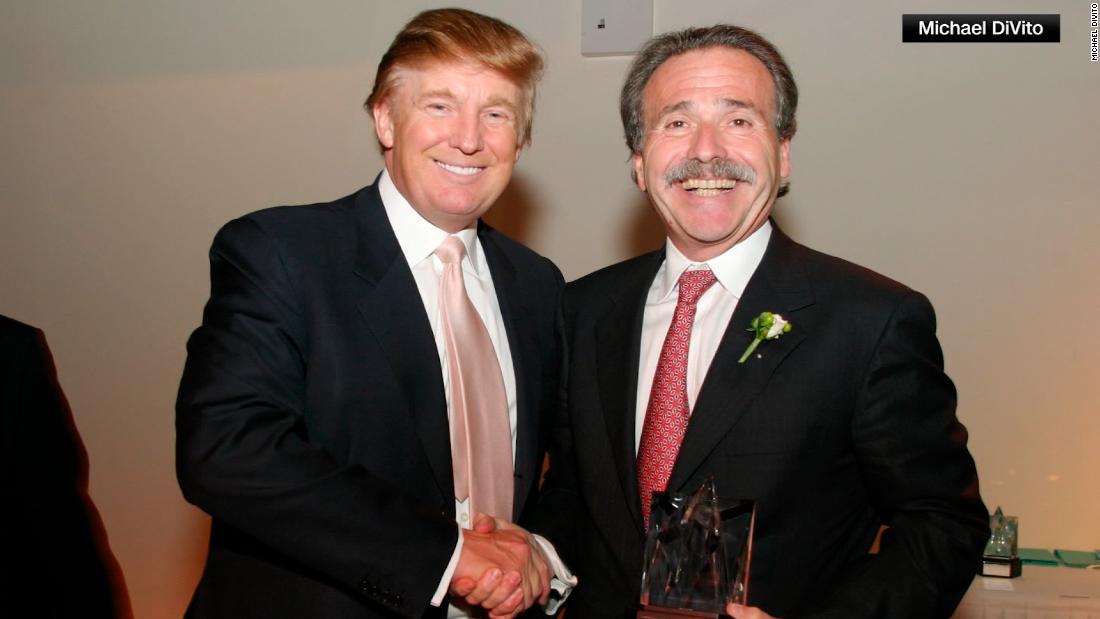Twitter seems to be in a slow-motion collapse. New owner Elon Musk has already laid off half the company’s staff and
even more resignations hit Thursday in response to Musk’s ultimatum that workers must pledge to be “extremely hardcore” in their work ethic going forward.
It’s not entirely clear who is left at Twitter to, you know, run the social media site.
All of which raises a very interesting question: What would politics – and political journalism – look like if Twitter disappeared?
Short answer: Very, very different.
My own experience with Twitter is instructive. I first used the site at the 2008 Democratic National Convention in Denver. I worked at the Washington Post at the time and we were looking for ways to offer live commentary on the speeches being given at the DNC. Although the service was still in its infancy, plenty of people were on it – and live-tweeting the speeches gave me a way to interact immediately with other people who were also watching.
It was, to be honest, a bit of a revelation. And it was fun.
Twitter – and how I use it – has changed a whole lot in the intervening decade and a half. The fun aspect of the site has been significantly reduced as each tweet has the potential to inflame some corner of the Twitterverse, and send your day spiraling in a bad direction. But, the service that Twitter provides to someone like me is also invaluable. I follow thousands of reporters and sources on Twitter; my feed keeps me apprised of the latest news better than anything else that’s out there.
Think of last week’s election. Twitter helped me stay abreast of which races had been called (and why other races hadn’t been called). Twitter users provided vote counts from critical counties. Candidates conceded and celebrated on Twitter. It was, in a word, indispensable.
Need more proof of the centrality of Twitter to the political dialogue? Go back to the 2016 presidential campaign of Donald Trump.
Already famous for his reality TV successes, Trump used Twitter like no politician before him had. Rather than posting quotidian statements via tweet – like most politicians at the time – Trump used the service as his own private diary. He raged. He joked. He mocked. He drove news cycle after news cycle with tweets.
“Without the tweets, I wouldn’t be here . . . I have over 100 million followers between Facebook, Twitter (and) Instagram,” Trump told the Financial Times in 2017. “Over 100 million. I don’t have to go to the fake media.”
As The New York Times wrote in 2019:
“When Mr. Trump entered office, Twitter was a political tool that had helped get him elected and a digital howitzer that he relished firing. In the years since, he has fully integrated Twitter into the very fabric of his administration, reshaping the nature of the presidency and presidential power.”
The banning of Trump from Twitter – in the wake of the January 6, 2021, attack at the US Capitol – was (and is) seen as a major moment in the course of his political career, robbing him of the megaphone that he used to such great effect during his rise. So important was Twitter to Trump that he created a copycat website – TruthSocial – designed to mimic Twitter.
Now, it’s important to note here that Twitter use is far from ubiquitous. Less than one in four people (23%) say they use Twitter – far below the usage rates for YouTube (81%), Facebook (69%) and Instagram (40%). And, even among the group that does use Twitter, a small subset drives the vast majority of the conversation. This, from Pew, is instructive: “The top 25% of users by tweet volume produce 97% of all tweets, while the bottom 75% of users produce just 3%, according to an analysis conducted over a three-month period in 2021.”
But, in the political world, Twitter usage is far, far higher. You can count on a single hand how many prominent politicians and/or prominent journalists don’t have a Twitter account. It functions now as a sort of universal message board for politics – every one is on there and, therefore, all sorts of news is made there.
If all that goes away – and things certainly don’t look good at Twitter at the moment – it would be a major blow for how the political world does business. Might something rise to replace it? Of course – that’s the way of the world. But, it would leave a gaping void.
Source link
Related





















Comments